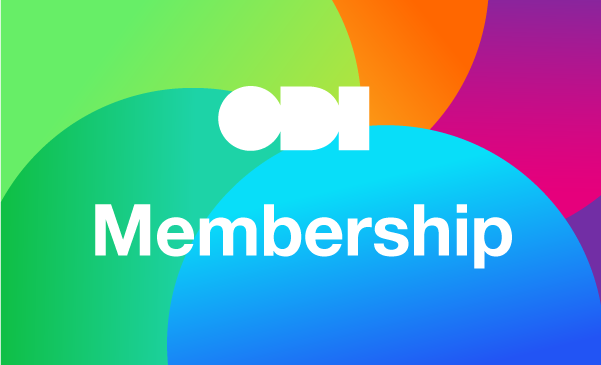
What we do
The ODI works with organisations to build data infrastructure, knowledge, and strategies that create trust in data and data practices. We bring together businesses, governments, and civil society to generate economic benefits and tackle real-world challenges using data.
Find out more-
 Read more
Read moreOur research
We advance trust in data and data-centric technologies through inter-disciplinary research and development.
-
 Read more
Read moreOur consultancy & products
Find out about our consultancy and off-the-shelf products - designed to help you make the most of data and upgrade your data practices.
-
 Read more
Read moreOur policy work
Talk to us about emerging data policy and digital technology issues. We’ll help you to understand the global legal and regulatory data landscape.

Annual Review
Through our research, policy advocacy, training, and consultancy, we made significant progress and achieved much of which we can be proud.
The ODI in 2024 - Advancing trust in data
Our courses
Our learning courses are an opportunity to develop your skills with the support of the ODI’s expert trainers. Through interactive webinars and online platforms, you will engage with your learning group, share ideas, gain help when needed and access a wide range of resources.
Explore our courses
Membership
Looking to enhance your organisation's data practices? Join our active membership network of organisations and individuals transforming their data strategies. Stay updated with the latest data policy, news, events, and innovations. Our global network comprises businesses, startups, data experts, and government leaders who are discovering and sharing innovative data solutions.
Become a memberOur impact
-
60000
people trained through courses in the banking, government and media sectors
-
$395bn
anticipated size of the global open banking market by 2026
-
300
early stage organisations we've supported
Impact stories

Impact story